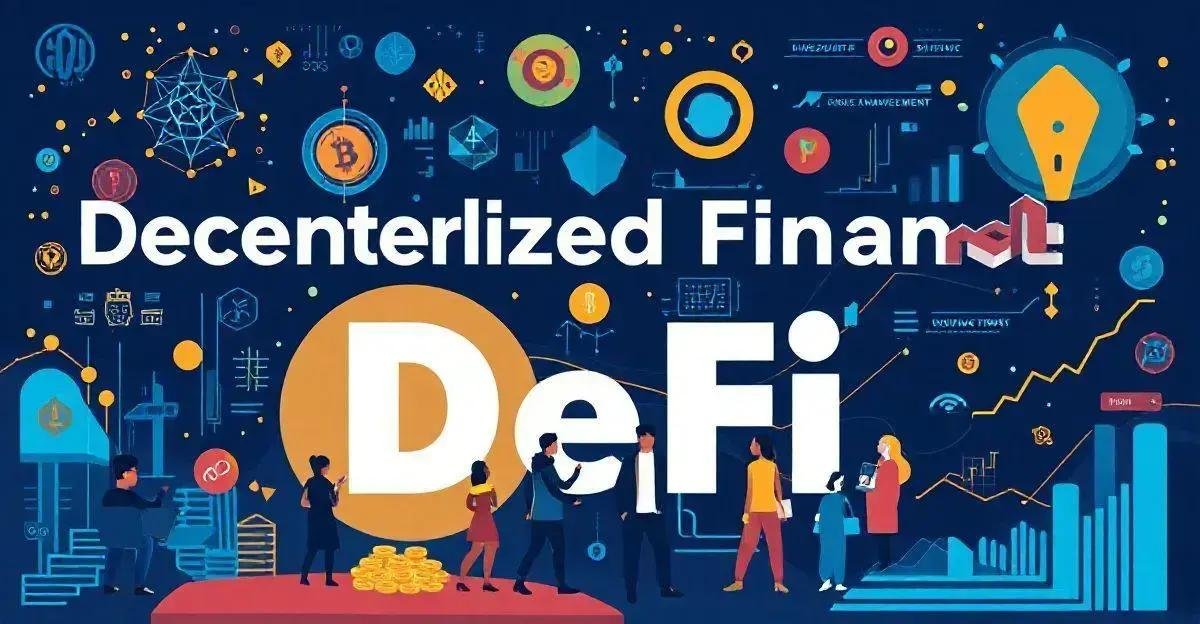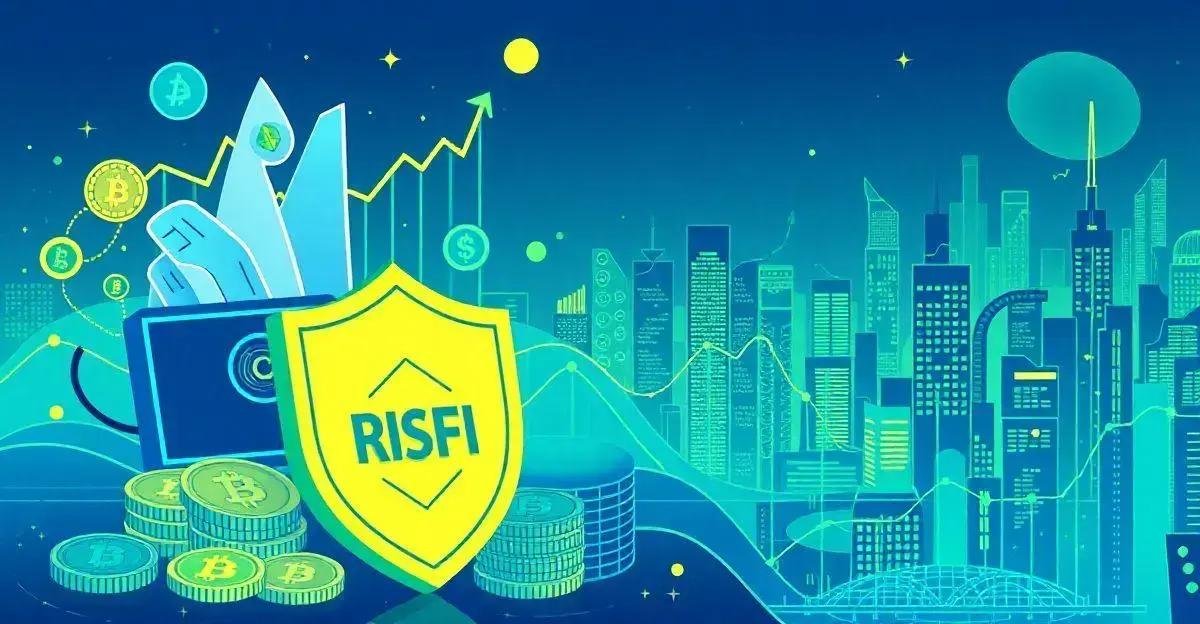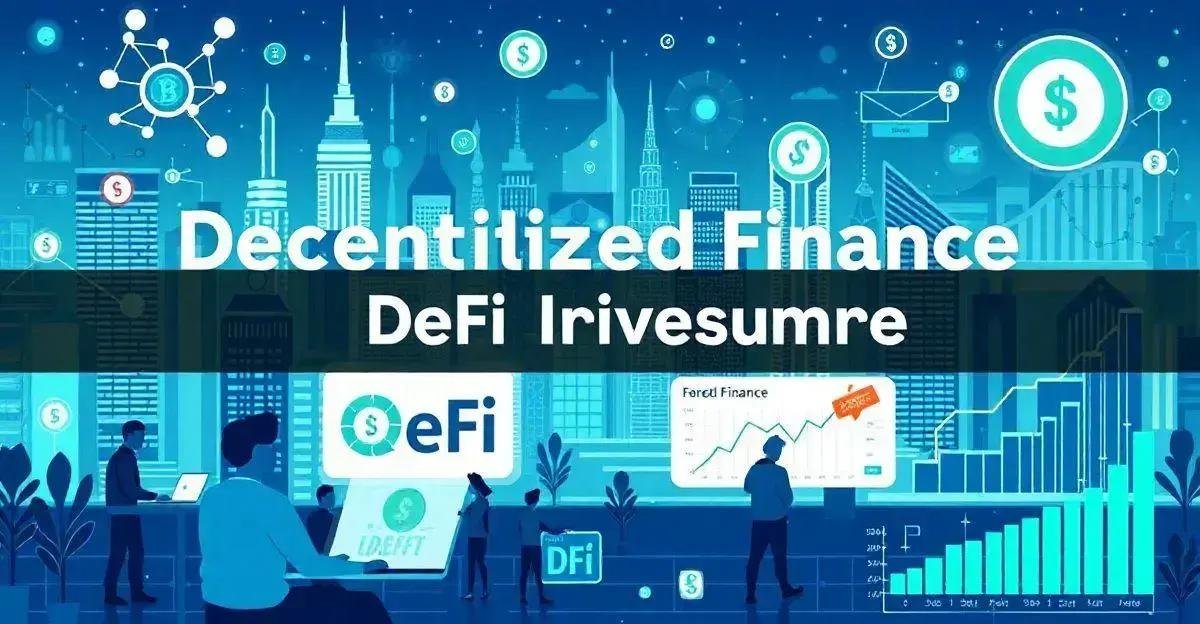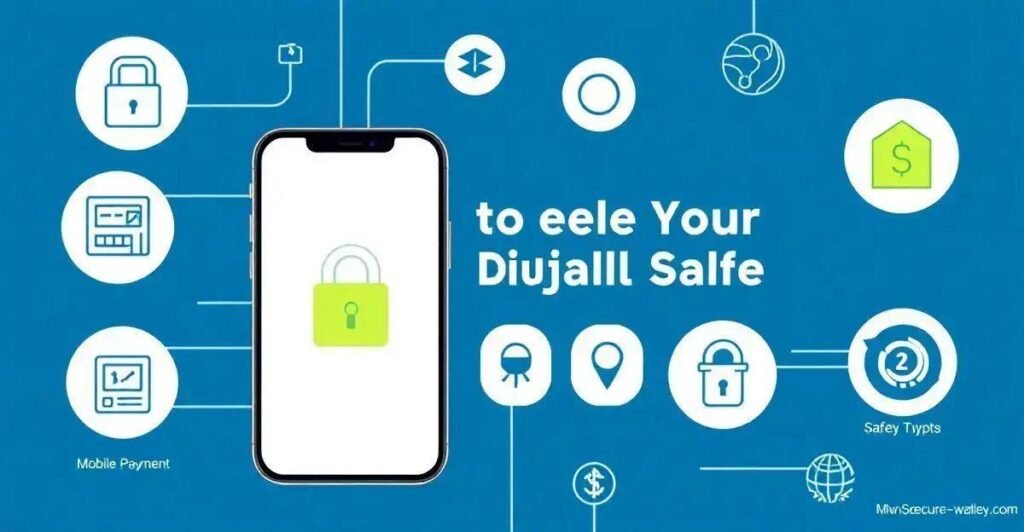Are you curious about the world of decentralized finance (DeFi) and its potential to revolutionize the way we invest? With the rise of blockchain technology and cryptocurrency, DeFi has become a hot topic in the financial industry.
In this article, we’ll dive into the world of DeFi investment and explore the benefits, opportunities, and risks involved.
Whether you’re a seasoned investor or just starting out, this guide will provide you with a comprehensive understanding of DeFi and its potential to transform the financial landscape.
Understanding DeFi and its Benefits
Decentralized finance (DeFi) refers to financial services and systems that operate on a decentralized network, using blockchain technology and smart contracts to facilitate peer-to-peer transactions and lending. The benefits of DeFi are numerous, including increased transparency, security, and accessibility. With DeFi, individuals can participate in financial markets without the need for intermediaries, such as banks and brokerages. This allows for faster and cheaper transactions, as well as greater control over one’s financial data. Additionally, DeFi enables the creation of new financial instruments and products, such as decentralized exchanges and lending protocols. These innovations have the potential to democratize access to financial services and increase economic opportunities for individuals and businesses alike.
Getting started with DeFi investment requires a basic understanding of blockchain technology and cryptocurrency. First, it’s essential to set up a digital wallet to store your assets and enable transactions. Next, you’ll need to choose a DeFi platform or exchange that aligns with your investment goals and risk tolerance. Popular DeFi platforms include Uniswap, SushiSwap, and Compound. Once you’ve selected a platform, you can start investing in DeFi assets, such as stablecoins, tokens, and lending protocols. It’s crucial to conduct thorough research and due diligence before investing in any DeFi asset, as the market is still relatively new and subject to volatility.
There are several types of DeFi investment opportunities available, each with its own unique characteristics and benefits. Stablecoins, for example, are digital currencies pegged to the value of a fiat currency, such as the US dollar. They offer a stable store of value and can be used for transactions and savings. Tokens, on the other hand, represent ownership or rights to a specific asset or project. They can be used to raise capital for new projects or to reward contributors. Lending protocols, such as Compound and dYdX, allow users to lend and borrow assets, earning interest on their deposits and paying interest on their borrowings. Other DeFi investment opportunities include decentralized exchanges, prediction markets, and yield farming.
Risk management is crucial when investing in DeFi, as the market is still relatively new and subject to volatility. To mitigate risk, it’s essential to conduct thorough research and due diligence on the DeFi assets and platforms you’re interested in. This includes analyzing the project’s whitepaper, team, and tokenomics, as well as monitoring the market and regulatory environment. It’s also important to diversify your portfolio by investing in a variety of DeFi assets and platforms, and to set a budget and stick to it. Additionally, consider using stop-loss orders and other risk management tools to limit your potential losses.
The future of DeFi is bright, with many experts predicting significant growth and adoption in the coming years. As the market continues to evolve, we can expect to see the development of new DeFi products and services, as well as increased regulatory clarity and support. Additionally, the integration of DeFi with traditional finance is likely to accelerate, enabling greater access to financial services for individuals and businesses alike. With its potential to democratize access to financial services and increase economic opportunities, DeFi is an exciting and rapidly developing space that’s worth keeping an eye on.
Conclusion: DeFi investment offers a unique opportunity to participate in the development of a new financial system, with the potential to earn high returns and achieve financial freedom. By understanding the benefits and risks of DeFi, and taking a comprehensive approach to your investment strategy, you can navigate the market with confidence and achieve your financial goals.
Getting Started with DeFi Investment

Before diving into DeFi investment, it’s essential to set up a digital wallet to store your assets and enable transactions. You’ll need to choose a reputable wallet provider and follow their setup instructions. Once you’ve set up your wallet, you’ll need to transfer some funds to it, either by purchasing cryptocurrencies or transferring existing assets. Next, you’ll need to select a DeFi platform or exchange that aligns with your investment goals and risk tolerance. Popular DeFi platforms include Uniswap, SushiSwap, and Compound. Finally, you’ll need to conduct thorough research and due diligence on the DeFi assets and platforms you’re interested in, including analyzing the project’s whitepaper, team, and tokenomics.
Types of DeFi Investment Opportunities
DeFi investment offers a wide range of opportunities for individuals and businesses to participate in the development of a new financial system.
Some of the most popular DeFi investment opportunities include stablecoins, tokens, lending protocols, decentralized exchanges, prediction markets, and yield farming.
Stablecoins, for example, are digital currencies pegged to the value of a fiat currency, such as the US dollar. They offer a stable store of value and can be used for transactions and savings.
Tokens, on the other hand, represent ownership or rights to a specific asset or project. They can be used to raise capital for new projects or to reward contributors.
Lending protocols, such as Compound and dYdX, allow users to lend and borrow assets, earning interest on their deposits and paying interest on their borrowings.
Other DeFi investment opportunities include decentralized exchanges, prediction markets, and yield farming. Each of these opportunities has its own unique characteristics and benefits, and it’s essential to conduct thorough research and due diligence before investing in any DeFi asset or platform.
Risk Management Strategies for DeFi

When it comes to DeFi investment, risk management is crucial to ensure that your investments are protected and grow over time.
One of the most important risk management strategies for DeFi is diversification, which involves spreading your investments across different assets and platforms to minimize risk.
Another important strategy is due diligence, which involves thoroughly researching and analyzing the DeFi assets and platforms you’re interested in before investing. This includes reviewing the project’s whitepaper, team, and tokenomics, as well as monitoring the market and regulatory environment.
Additionally, consider using stop-loss orders and other risk management tools to limit your potential losses.
By implementing these risk management strategies, you can significantly reduce your risk exposure and increase your chances of success in the DeFi market.
The Future of DeFi: Trends and Predictions
The DeFi market is expected to continue growing and evolving in the coming years, with new trends and innovations emerging.
One of the key trends that is likely to shape the future of DeFi is the increasing adoption of decentralized finance by institutional investors. This could lead to a significant influx of new capital into the DeFi market, driving growth and innovation.
Another trend that is likely to impact the future of DeFi is the development of new DeFi protocols and platforms. These platforms will likely offer new and innovative ways for individuals and businesses to participate in the DeFi market, and to earn returns on their investments.
Additionally, the integration of DeFi with traditional finance is likely to accelerate, enabling greater access to financial services for individuals and businesses alike.
Finally, the regulatory environment for DeFi is likely to become more clear and supportive, paving the way for even greater growth and adoption of DeFi in the future.
Conclusion: Why You Should Consider DeFi Investment

As you’ve learned throughout this article, DeFi offers a wide range of benefits and opportunities for individuals and businesses to participate in the development of a new financial system.
From the ability to earn interest on your deposits to the potential for high returns on investment, DeFi has a lot to offer.
Additionally, the decentralized and transparent nature of DeFi makes it an attractive option for those looking to avoid the fees and restrictions associated with traditional financial institutions.
Whether you’re an individual looking to diversify your portfolio or a business looking to stay ahead of the curve, DeFi is definitely worth considering.
So why wait? Start exploring the world of DeFi today and discover the many benefits and opportunities it has to offer.
DeFi FAQs: Frequently Asked Questions about Decentralized Finance
What is DeFi and how does it work?
DeFi, short for Decentralized Finance, refers to financial services and systems that operate on a decentralized network, using blockchain technology and smart contracts to facilitate peer-to-peer transactions and lending. It allows individuals and businesses to participate in the financial system without intermediaries, such as banks and brokerages.
What are the benefits of DeFi?
DeFi offers several benefits, including increased transparency, security, and accessibility. It also allows for faster and cheaper transactions, as well as greater control over one’s financial data. Additionally, DeFi enables the creation of new financial instruments and products, which can increase economic opportunities for individuals and businesses.
How do I get started with DeFi?
To get started with DeFi, you’ll need to set up a digital wallet to store your assets and enable transactions. You’ll also need to select a DeFi platform or exchange that aligns with your investment goals and risk tolerance. Finally, you’ll need to conduct thorough research and due diligence on the DeFi assets and platforms you’re interested in.
What are the risks involved with DeFi?
Like any investment, DeFi carries risks, including market volatility, liquidity risks, and regulatory risks. To mitigate these risks, it’s essential to conduct thorough research and due diligence on the DeFi assets and platforms you’re interested in, as well as to diversify your investments and use risk management strategies.
What is the future of DeFi?
The DeFi market is expected to continue growing and evolving, with new trends and innovations emerging. The integration of DeFi with traditional finance is likely to accelerate, enabling greater access to financial services for individuals and businesses alike. Additionally, the development of new DeFi protocols and platforms will likely offer new and innovative ways for individuals and businesses to participate in the DeFi market.




